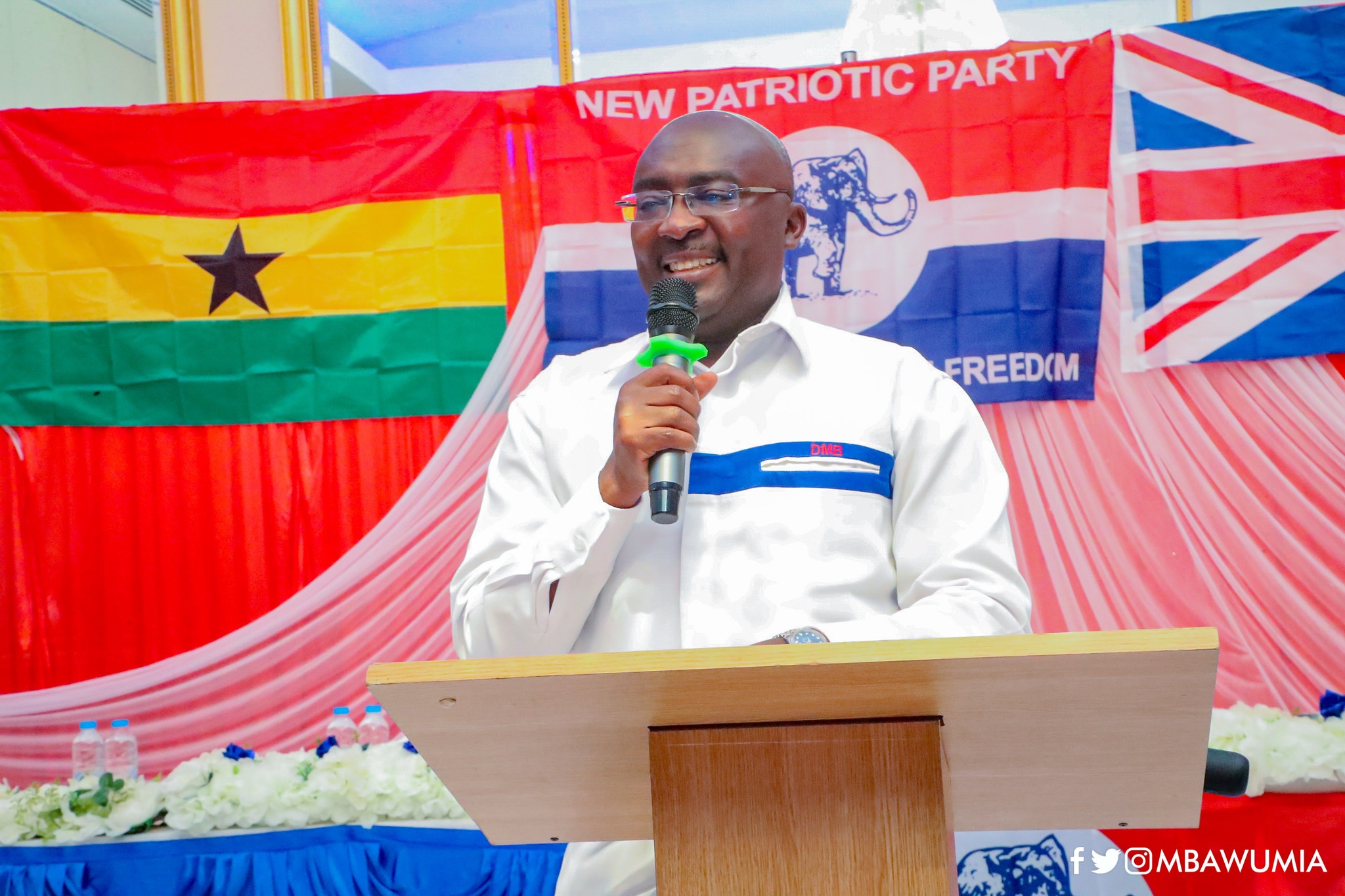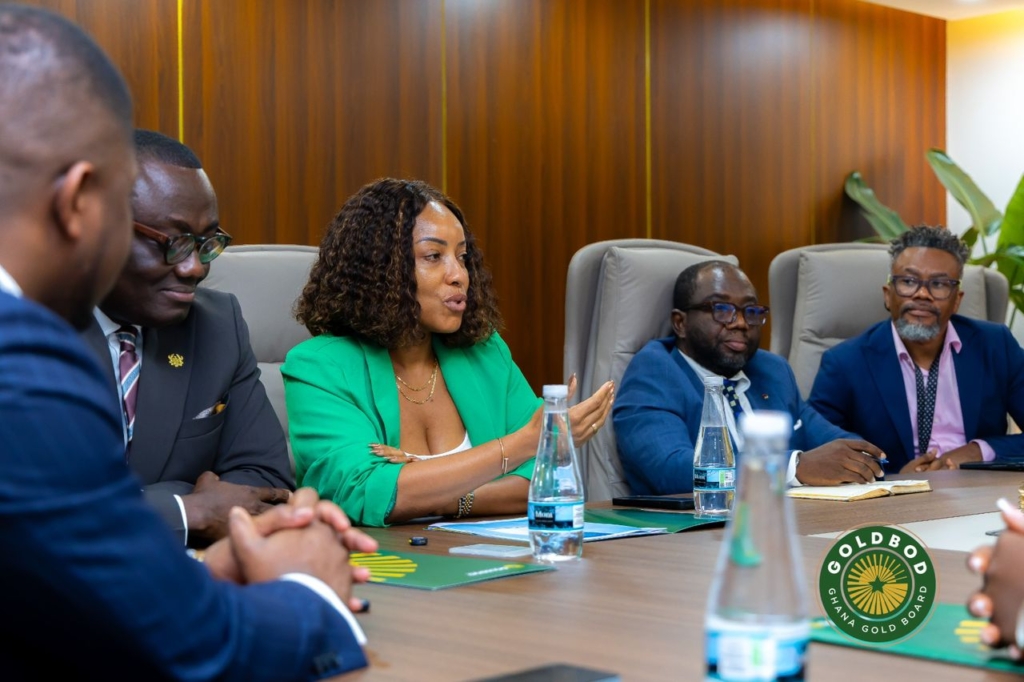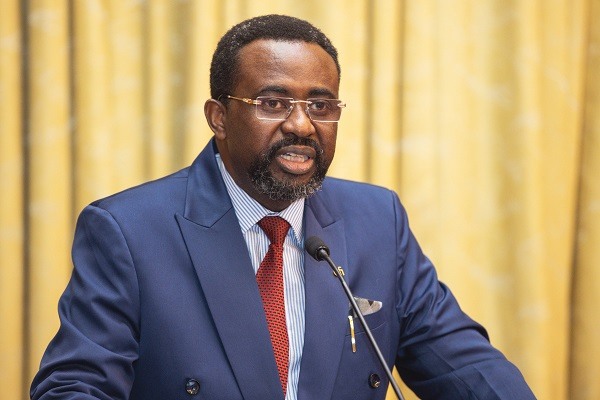French media conglomerate Canal+ is open to entering discussions with Ghanaian authorities over a dispute involving subscription rates charged by DStv, the pay-TV service owned by MultiChoice, according to Ghana’s Minister for Communications, Digital Technology and Innovation.
The dispute began earlier this month when Minister Sam George instructed the National Communications Authority (NCA) to suspend DStv’s broadcasting license unless it complied with a government directive to reduce subscription prices by August 7. The directive, issued on August 1 during the Government Accountability Series, was met with resistance by MultiChoice.
In a written response dated August 3, MultiChoice Ghana Managing Director Alex Okyere said the company was committed to affordability but could not accommodate the government’s pricing demands without affecting service quality.
Mr. George, speaking in an interview on Joy FM on August 12, said Canal+, which holds a significant stake in MultiChoice and has received antitrust clearance from South African regulators for a full takeover, has expressed interest in engaging with the Ghanaian government once the acquisition is finalized.
“They are aware of the situation going on here in Ghana, and I have made it clear to them,” Mr. George said. “They have reached out, and I have made it clear to them: if they want to come into Ghana and operate on the license that the company they are buying has, this is our request.”
The Minister emphasized that any negotiations with Canal+ must be documented. “They’ve made certain indications, and I said to them I want it in writing,” he said, noting that Canal+ appears more cooperative than the current management at MultiChoice.
Canal+ has already secured approval from South Africa’s Competition Commission, with the full acquisition of MultiChoice expected to close by October. Mr. George said engagement could begin as early as September, once Canal+ assumes operational control.
While open to dialogue, Mr. George stressed that formal commitments—not informal conversations—would guide the government's next steps. “I don’t want to take public policy decisions on the basis of phone calls that have been made to me. I’ve asked them to put it in an official letter,” he said.
The dispute underscores growing tensions between content providers and regulators across Africa, as governments seek to protect consumers from inflationary pressures while maintaining investor confidence in the telecommunications and media sectors.














